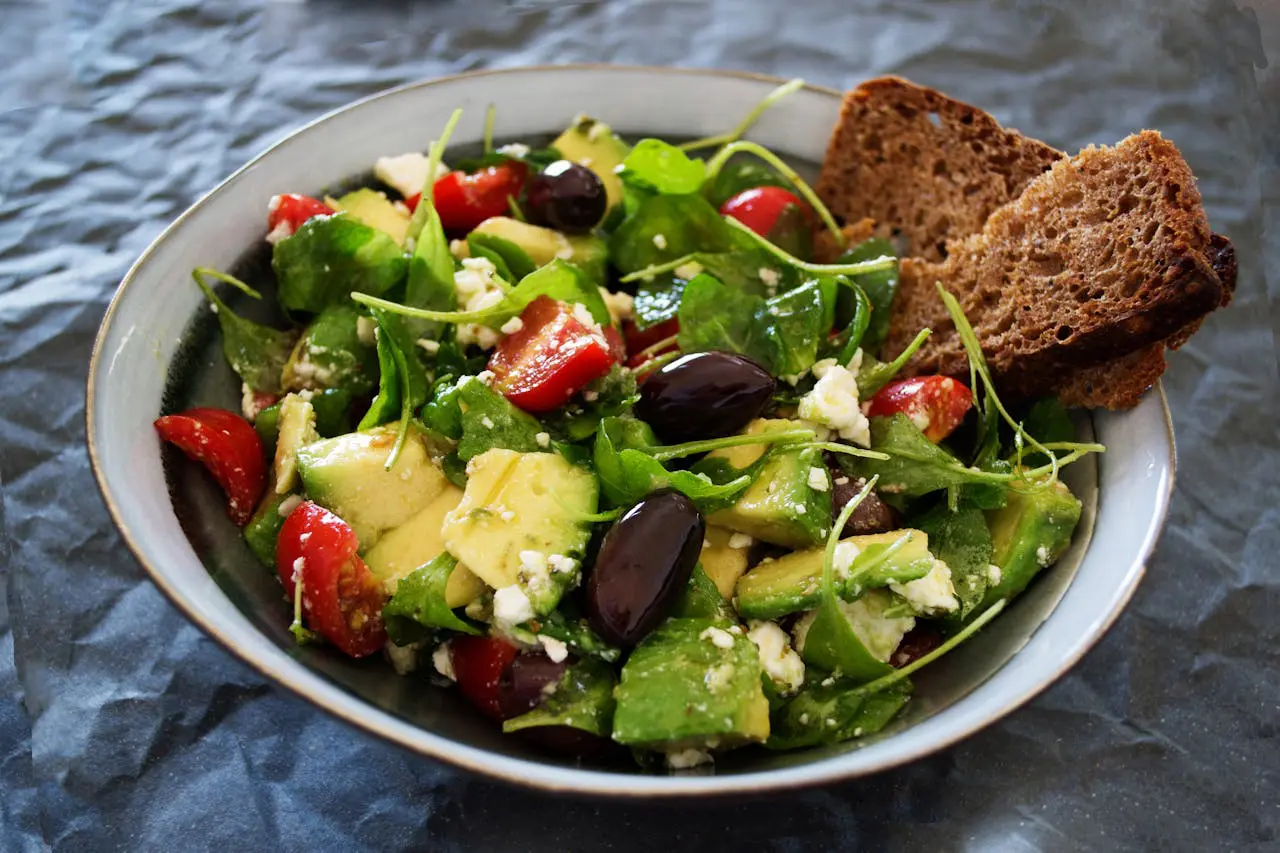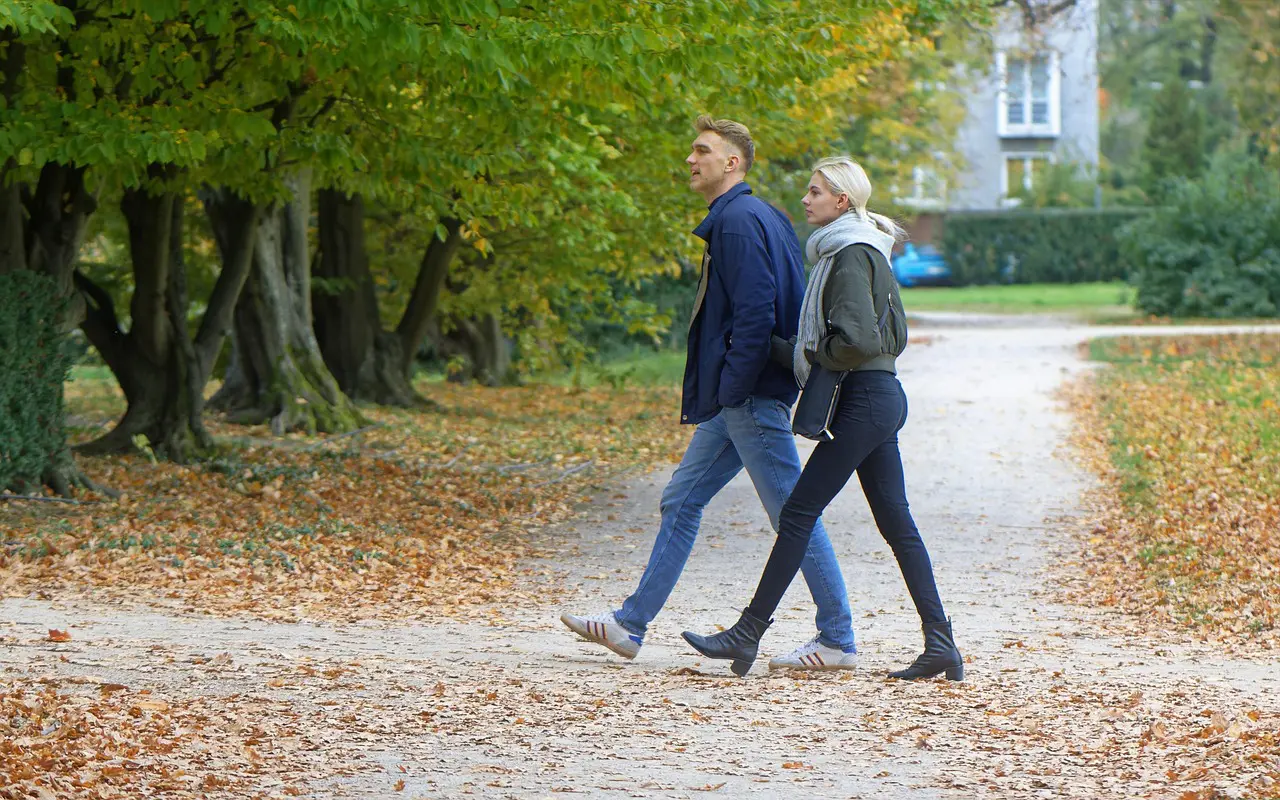
Have you ever read those heartfelt stories – or listened to older relatives – where they say things like, “I wish I had taken better care of myself when I was younger, so I’d be healthier now and living a fuller life”?
It’s a sentiment many of us have heard, and it often comes with a tinge of regret. People usually look back and say they should have exercised more, eaten better, managed their stress, quit smoking earlier, slept more consistently, or invested in relationships that truly mattered.
These reflections are powerful reminders: take care of your body and mind now, before you’re forced to.

The encouraging news is that science agrees – and it’s not too late. A landmark Veterans Affairs study involving more than 700,000 people revealed that adopting just a handful of healthy habits can add not just a few extra years, but 20–25 more years of life.
And the best part? You don’t need to be perfect. Even adopting two or three of these habits can yield life-changing bene
Disclaimer: This article is for informational and educational purposes only. It is not medical advice. Always consult a qualified healthcare professional before making any lifestyle changes, especially if you have existing health conditions or concerns.
You don’t need to adopt all eight to see benefits – even just a few can add meaningful years to your life.
Takeaway: Longevity is not about perfection. It’s about stacking simple, protective habits over time.
1) Move your body (and fitness really matters)

Why it works: Cardiorespiratory fitness (CRF) is one of the strongest, most consistent predictors of lower mortality – across dozens of cohorts.
A 2024 umbrella meta-analysis reports that high CRF correlates with markedly lower all-cause and disease-specific mortality. Resistance (strength) training adds independent benefits, with a ~15% lower all-cause mortality risk vs. none, and a likely U-shaped dose-response (benefits around ~60 minutes of weekly lifting).
Even walking 8,000+ steps on just 1–2 days/week is linked to lower 10-year mortality.
How to start:
- Good/better/best: 10-minute brisk walk after meals → 150 minutes/week of moderate cardio → add 2 short full-body strength sessions.
- Time-crunched? The “8k steps 1–2 days” finding means even weekend warrior walking helps; consistency improves returns.
2) Don’t smoke (and if you do, the best day to stop is today)
Why it works: Smoking remains a dominant, avoidable killer. New population data paint the cost vividly: each cigarette is linked with about 20 minutes of life lost, and quitting delivers gains that accrue within weeks to months.
At least here I can say that I am safe. I do not like smoking, and I also avoid passive smoking.
How to start:
- Try behavioral support and follow their advice
Treat relapse as data, not failure – reset and continue.
3) Avoid opioid misuse (and treat OUD early if present)
This is a rather obvious observation. No drug abuse is good for the body.
Why it works: Opioid use disorder (OUD) significantly elevates mortality risk. Evidence shows opioid agonist therapy (e.g., buprenorphine, methadone) roughly halves all-cause mortality vs. time out of treatment; policy tools like risk-mitigation guidance are also associated with sharp mortality reductions in at-risk patients.
How to start:
If you or a loved one struggles with opioids, seek treatment promptly – mortality risk drops during treatment.
4) Manage stress (your heart and lifespan notice)

Why it works: High perceived stress is linked to a higher incidence of heart disease and higher mortality (often in a dose-response pattern). Newer analyses suggest stress exposure may be especially tied to midlife mortality, which disproportionately affects life expectancy. Lower chronic stress (and the physiologic “allostatic load” it triggers) likely reduces risk. (here I have 3 studies for you: 1, 2, 3)
How to start:
- Micro-doses of relief: 5 minutes of box breathing, body-scan meditation, or a brisk walk during tense moments.
- Daily anchors: 10–15 minutes of mindfulness, gratitude journaling, or prayer; one device-free meal.
- Leverage movement: Exercise is a double win – fitness + stress relief.
5) Eat for longevity

Why it works: Across cohorts and meta-analyses, Mediterranean-pattern diets track with lower all-cause and CV mortality (≈23% lower all-cause risk in older adults), better inflammation and insulin resistance profiles, and improved brain outcomes. A 2024 JAMA Network Open analysis in 25,000+ U.S. women found ~23% lower premature death risk with high adherence. Mechanisms include anti-inflammatory effects, vascular health, and a healthier gut microbiome. (PubMed and others)
How to start (no chef required):
- Swap: Butter → olive oil; refined grains → whole grains; processed meats → legumes/fish.
- Add: A handful of nuts most days; beans 3–4×/week; leafy greens + colorful veg daily.
6) Drink less (or not at all)
Why it works: The VA study focused on avoiding regular binge drinking. Contemporary evidence shows that excessive alcohol drives up all-cause mortality and has risen sharply as a cause of U.S. deaths. Even low levels confer cancer risk, with a growing consensus against recommending alcohol for health. (study)
How to start:
- Track intake: set 2–3 no-alcohol days/week.
If cutting back is hard, explore behavioral support.
7) Sleep well (both enough and consistently)
Why it works: Decades of data tie short sleep and long sleep to higher mortality; newer work emphasizes regularity (consistent timing) as crucial for metabolic and cognitive health.
Target 7–9 hours for most adults and a regular sleep–wake rhythm. (For more details, read 1 and 2)
How to start:
- Protect your window: consistent bedtime/wake time (±30 minutes).
- Morning light, evening dim: daylight anchors your circadian clock; dim, screen-light-reduced evenings cue melatonin.
- Stimulant hygiene: caffeine curfew ~8 hours before bed.
Create a night routine for longevity that supports you!
8) Invest in relationships (loneliness is a health risk)

Why it works: The size and quality of our social ties predict survival as strongly as many classic risk factors.
A landmark meta-analysis found that stronger social relationships were associated with a 50% increased likelihood of survival; later syntheses and updates continue to show that social isolation and loneliness raise mortality risk. (read 1, 2, 3 for more details on this topic)
How to start:
- One daily touchpoint: a 2-minute voice note, a walk with a neighbor, a shared lunch with a colleague.
- Join & contribute: a class, faith group, volunteer shift – scheduled contact beats willpower.
“Even a few habits help” – and the science backs that
The VA analysis and subsequent AJCN paper reinforce that partial adoption still moves the needle: each additional habit is associated with incremental risk reduction and longer life expectancy. For activity specifically, studies show meaningful benefit at modest doses (e.g., 8k steps 1–2 days per week lowered 10-year mortality), while strength training offers benefits with small weekly time investments. Translation: pick two or three habits you can sustain, start imperfectly, and stack from there. (American Journal of Clinical Nutrition)

Bonus: Brain-health synergy you can use at any age (especially after 40)
Multidomain lifestyle programs – movement + diet + cognitive/social engagement – have now shown measurable cognitive benefits in randomized trials and international initiatives (FINGER, U.S. POINTER). For midlife readers, this is your cue: the same habits that extend lifespan also protect healthspan (memory, attention, daily function).
Micro-stack to try this week:
- After-dinner 15-minute walk (movement) → call a friend while you walk (connection) → leafy salad + beans with dinner (diet) → brief gratitude note before bed (stress). That’s four habits in 25 minutes.
Quick-start playbook (evidence-aligned)
Based on all the information from the various studies presented above, here is a synthesis that may be useful:
- Movement: Aim for 150 min/week moderate cardio plus 2 short strength sessions. If busy, hit 8k steps on 2+ days and add 1 strength circuit at home.
- Diet: Build meals around plants, legumes, whole grains, nuts, olive oil, fish; minimize processed meats and ultra-processed snacks.
- Sleep: Lock a 7–9 h window; protect wind-down time; morning light, evening dim.
- Alcohol: Keep it low; avoid binge drinking; consider alcohol-free weeks for a reset.
- Stress: Practice a daily 10-minute relaxation or mindfulness slot; pair it with a fixed cue (after coffee / before lunch).
- Social: Put two recurring connections on your calendar (weekly walk + monthly dinner).
- Tobacco/OUD: Seek evidence-based support; treatments reduce mortality.
The bottom line
You don’t need a perfect routine or a monk’s discipline. The best evidence says: pick a couple of these habits and start now. Stack one small win per week. Over time, you’ll build the kind of lifestyle that the VA study – and a growing stack of global research – associates with longer life and sharper years.
Full Disclaimer
This article is based on recent scientific studies, including the Veterans Affairs lifestyle study and other large cohort analyses. While the habits described are strongly associated with longer life expectancy and better health outcomes in population research, they may not apply to everyone.
-
This content is not medical advice and should not be used to diagnose, treat, or prevent disease.
-
Your individual risks depend on personal health history, genetics, and medical conditions.
-
Always consult a doctor before making major changes to diet, exercise, sleep, alcohol, or substance use.
-
If you are experiencing issues with substance use, stress, or mental health, seek professional help immediately.
Use this article as a science-based guide, but make decisions in partnership with your healthcare provider.
Photo sources: 1, 2, 3, 4, 5, 6
More amazing articles for you:
Please visit:
Our Sponsor
